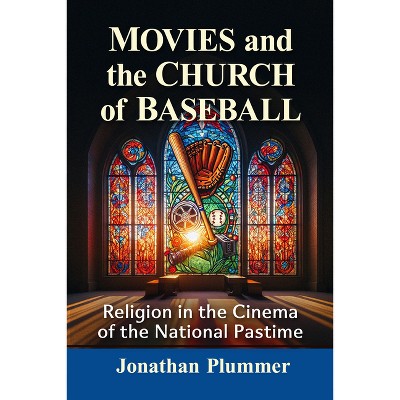The Lizard People Don't Want You to Read This - by Robert Spinelli (Paperback)

About this item
Highlights
- Conspiracy theories and popular culture have long been intertwined.
- About the Author: Robert Spinelli is the archivist for Special Collections at Middle Tennessee State University.
- 264 Pages
- Social Science, Conspiracy Theories
Description
About the Book
"Conspiracy theories and popular culture have long been intertwined. As the most visible and effective form of communication, mass media holds a tremendous ability to transmit ideas to wide swaths of eager minds. Due to their implicit sense of drama, intrigue and complexity, conspiracy theories lend themselves to dissemination and representation via dynamic characters and themes that resonate with the audience's inherent fears and hopes. This essay collection analyzes the causes and effects of wide-scale misinformation perpetuated by mass media channels. It offers a critical examination of how conspiracy theories are portrayed across a range of media, from film and literature to digital platforms. Drawing from diverse academic backgrounds and research methodologies, the essays explore not only how these narratives are constructed and circulated, but also their broader cultural and societal implications"-- Provided by publisher.Book Synopsis
Conspiracy theories and popular culture have long been intertwined. As the most visible and effective form of communication, mass media holds a tremendous ability to transmit ideas to wide swaths of eager minds. With their implicit sense of drama, intrigue and complexity, conspiracy theories propagate themselves via dynamic characters and themes that resonate with the audience's inherent fears and hopes.
This essay collection analyzes the causes and effects of wide-scale misinformation perpetuated by mass media channels. It offers a critical examination of how conspiracy theories are portrayed across a range of media, from film and literature to digital platforms. Drawing from diverse academic backgrounds and research methodologies, the essays explore not only how these narratives are constructed and circulated, but also their broader cultural and societal implications.
About the Author
Robert Spinelli is the archivist for Special Collections at Middle Tennessee State University. He publishes and presents on conspiracy theories and is active in the burgeoning field of death studies. He lives in Nashville, Tennessee.










